Radical activists opposed to keeping aquariums are pushing legislation that would end importing and fishing for aquarium fish. Dubbed the Saving NEMO Act, HR 6447 purports to prevent imports or collection of marine aquarium organisms that are collected or raised using destructive practices or species that have poor survival rates in captivity. However, the bill, introduced by Congressman Ed Case of Hawaii and pushed by the same activists that shut down the Hawaii aquarium fishery, creates impossible to meet legal requirements for fishers, exporters, aquaculture and mariculture facilities, and importers. These unreachable standards are not a well-meaning yet short-sighted attempt to raise standards of care for animals or protect the environment. This legislation will, by design, block the import of wild-sourced, aquacultured, and maricultured species, and shut down aquarium fishing – effectively ending the marine aquarium trade and hobby in the United States.
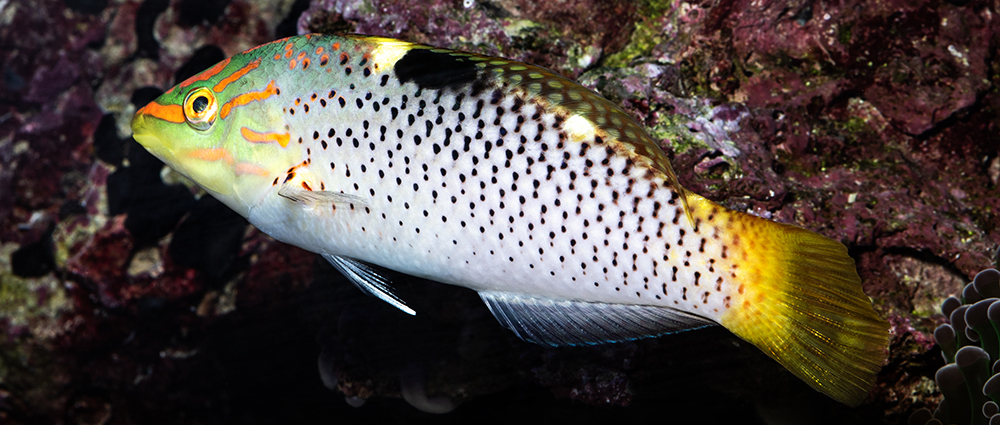
|
Upon passage of the bill, all imports, exports, and collection of stony corals, seahorses, and giant clams, whether from aquaculture, mariculture, or wild sources, would be banned with all other marine aquarium organisms being subject to ban following petition and litigation from activist organizations. In short order, almost all marine aquarium organisms would eventually be banned from import, export, and collection.
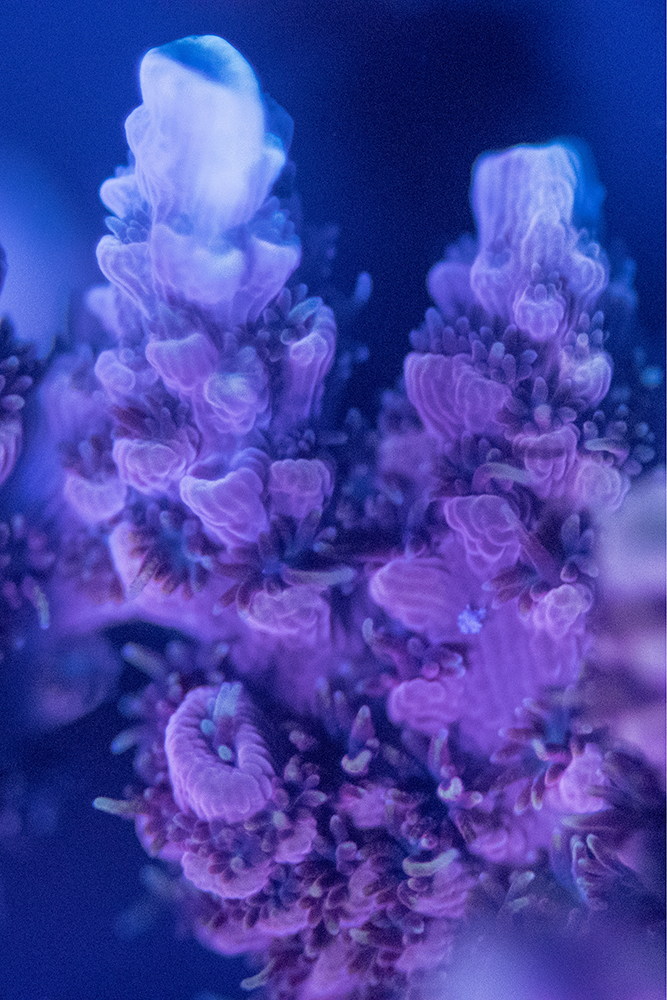
|
The bill uses vague and overbroad terms to ensure almost every species of fish, coral, and invertebrate will be prevented from entering the aquarium trade and hobby. For example, the bill bans the import of any species that has poor survival rates in transport or captivity. However, this is ambiguous language with no definition. This language also fails to account for the fact that some species require research and innovation to facilitate their successful husbandry. Many species once believed to be impossible to maintain in captivity are now widely kept and cultured, even by beginner hobbyists. Acropora and Goniopora corals are now successfully kept by numerous hobbyists, yet these corals were considered almost impossible to keep until relatively recently.
Importing fish obtained through Illegal fishing methods is already prohibited under the Lacey Act. CITES regulates international trade for species for which trade needs to be monitored and regulated in order to ensure it does not cause a detriment to wild populations. The Endangered Species Act adds further prohibitions and regulation for species native to the United States as well as foreign species. Collection of aquarium fish in the United States is managed by respective states’ fish and wildlife agencies as well as by federal regulations. In other words, the issues HR 6447 purportedly addresses are already regulated through a myriad of state, federal, and international laws, and law enforcement already has the necessary tools to prosecute anyone who engages in the actions this bill describes! However, as already stated, the goal of the bill is not to make the aquarium trade and hobby more sustainable, but to end even the most sustainable examples, just as the same activist groups pushing this bill have done in Hawaii.
The legislation, if passed, would create a legal framework, that through its hyper-complexity, would shut down virtually all aquarium fish fisheries and overseas aquaculture and mariculture operations supplying aquarium hobbyists in the United States. The resulting loss of marine aquarium inhabitants would also destroy the need for aquariums, filters, heaters, pumps, lights, fish food, and all other equipment and supplies necessary to keep fish. Many aquarium and pet stores and local fish stores would lose vital sources of income and be forced to lay off employees, and many businesses would be forced to close altogether. Small businesses, the lifeblood of the aquarium trade and hobby, would be hit the hardest.
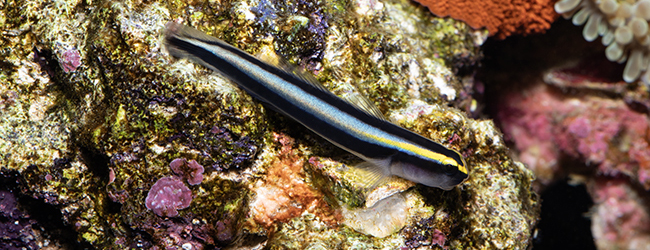
|
The Saving NEMO Act is not about science or conservation. If it was, the proponents of this bill would encourage, support, and promote fisheries management, net training, access and benefits sharing, and the myriad other conservation and sustainable development efforts that would create a more sustainable marine aquarium trade and hobby. Instead, the proponents of this legislation have shuttered one of the most sustainable nearshore fisheries in the world and have stated the goal of eliminating aquarium fisheries worldwide. In addition these activists oppose aquaculture, which they smear as "factory farming of fishes."
The truth of the matter is the activists promoting the bill wish to end what they see as the “evil” of keeping fish and other animals in aquariums. While the language feigns fair procedures and exemptions that would allow for take, import, and export of sustainably harvested and cultured species, similar legislation and regulatory schemes have shown these to be sham provisions, included simply to lessen opposition to the bill. In practice, the complex regulation included therein will create insurmountable standards with essentially limitless opportunities for obstruction with endless litigation funded largely by taxpayer dollars. Tens of thousands of jobs will be lost around the world. Countless people in developing countries who currently work in sustainable aquarium fishing, aquaculture and mariculture jobs will be forced to find employment in less sustainable industries such as mining and food fishing using destructive methods.
You can help by contacting your Congressional representative. Tell them to protect the educational benefits, livelihoods, sustainable development initiatives, and coral reef conservation provided by the aquarium trade in the United States and abroad and to OPPOSE HR 6447. To contact your US representative, please visit the NAIATrust.org website, sign up here, find your representative here, and drop them a short note stating your position on this bill.
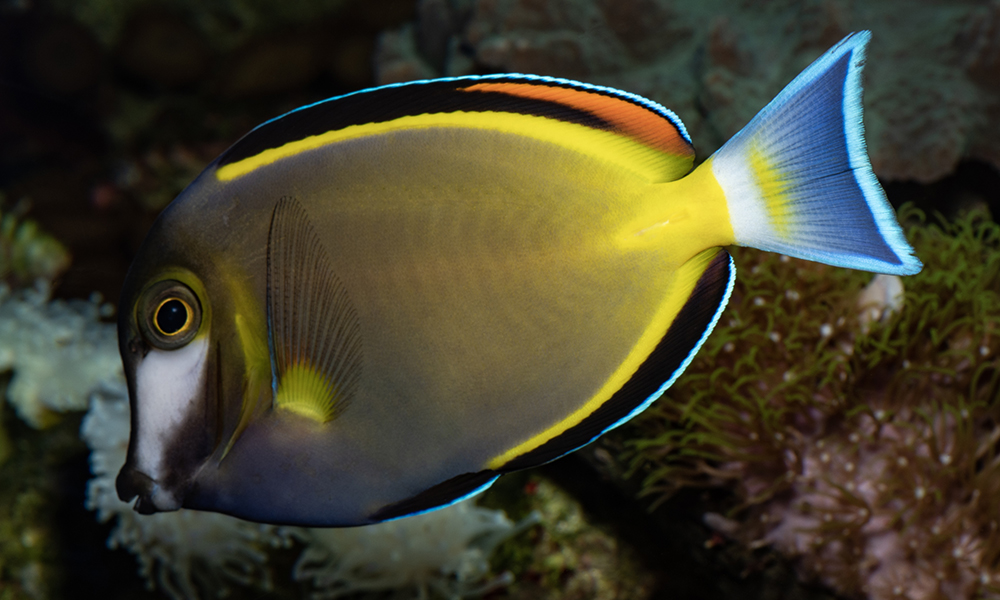
|
All photography by Art Parola.
 |
Like this article? Don’t forget to share, like or follow us |
 |
NAIA WEEKLY ROUNDUP
FEATURED & LATEST ARTICLES
GET THE NAIA WEEKLY ROUNDUP VIA EMAIL FOR FREE
Stay Connected with The NAIA: Sign Up for The Weekly Roundup
Join our FREE newsletter and community of animal advocates and receive The NAIA Weekly Roundup straight to your inbox. Stay in the loop with the latest news, events, and ways you can make a difference in the lives of animals. Sign up now to stay informed to create positive change!
Sign Up



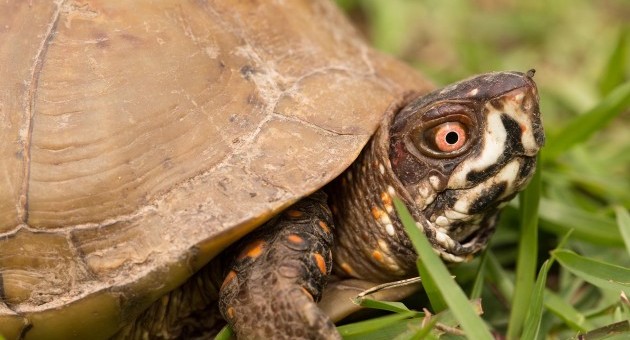
 A Question of Neglect, A Legendary Primatologist Passes Away, and More!
A Question of Neglect, A Legendary Primatologist Passes Away, and More!
 Shelter Spay Pushback, A Contentious Ostrich Cull, and More!
Shelter Spay Pushback, A Contentious Ostrich Cull, and More!
 Bad Dog Stories, Goodbye Cephalopod, and More!
Bad Dog Stories, Goodbye Cephalopod, and More!
 A Conference Call for You, A Fallen Elephant, and More!
A Conference Call for You, A Fallen Elephant, and More!


